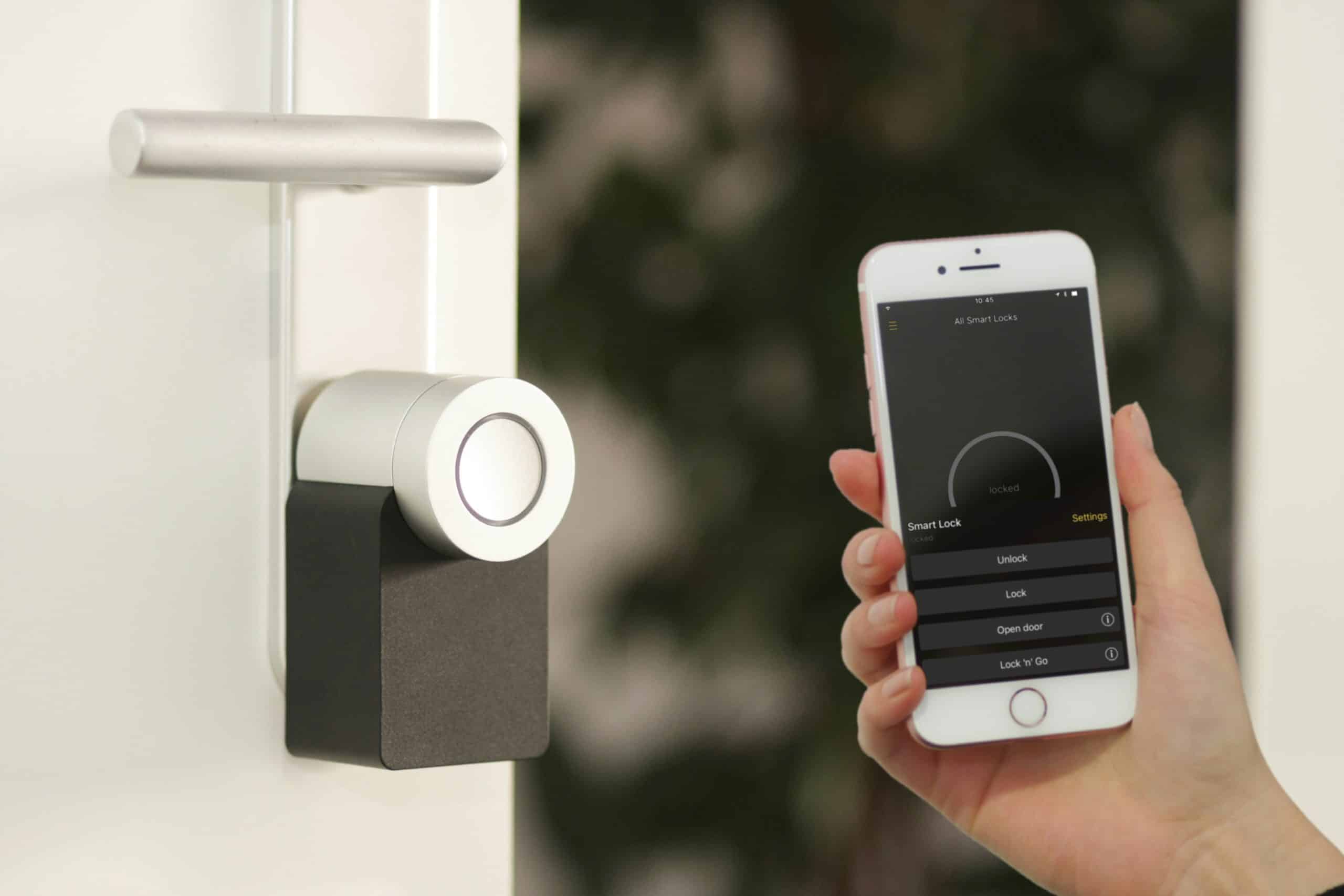The Internet of Things (IoT) is no longer a buzzword but a rapidly evolving reality, particularly when it comes to home automation. In the comfort of your living spaces, the notion of smart homes, where devices and systems are interconnected through the internet, is radically changing how you interact with your environment. IoT has become the backbone of home automation, integrating various smart devices and sensors into a cohesive system that enhances convenience, energy efficiency, and security. As we look to the future, it’s clear that IoT will continue to revolutionize the concept of home, transforming your domestic life in ways that were once the stuff of science fiction. Let’s delve into how IoT is shaping the future of smart homes and what that means for you and your families.
Revolutionizing Home Control and Convenience
Imagine walking into a home that responds to your presence; lights that turn on as you enter, music that starts to play your favorite playlist, and a thermostat that has already adjusted the temperature to your liking. This vision is becoming a reality thanks to IoT-enabled devices.
Dans le meme genre : How will ai shape the future of content curation and recommendation?
The essence of home automation lies in giving you unparalleled control over your home environment. With smart devices like smart thermostats, lighting systems, and appliances, you can manage almost every aspect of your home with a simple voice command or a tap on your smartphone. These connected devices can learn from your habits and preferences, making adjustments in real time to save you both time and energy.
IoT also offers remote monitoring capabilities. For instance, you can check whether you left the oven on while you’re away and turn it off remotely to prevent accidents. Or you can get alerts if your home security cameras detect unusual activity. The integration of these systems provides a level of convenience and peace of mind that was once unattainable.
A découvrir également : How can augmented reality enhance online retail experiences?
Enhancing Energy Efficiency and Sustainability
One of the key benefits of IoT in home automation is the promotion of energy efficiency. IoT-enabled smart homes are equipped with sensors that collect data on energy usage and suggest ways to reduce consumption. Smart thermostats and lighting systems can adjust automatically based on when you’re home and your daily routines, minimizing unnecessary energy use.
Moreover, IoT devices can be programmed to take advantage of renewable energy sources or to operate at times when electricity rates are lower. This not only helps in reducing the carbon footprint of your homes but also leads to significant savings on energy bills. IoT technology is instrumental in creating homes that are not just smart but also sustainable.
Elevating Home Security and Safety
Security systems are a fundamental aspect of modern homes, and IoT has transformed them by enabling real-time monitoring and control. With connected cameras, door locks, and alarm systems, you can keep an eye on your home from anywhere in the world. IoT can send notifications directly to your phone if a sensor is triggered, allowing for immediate action.
Furthermore, IoT-enabled security systems can distinguish between routine events and potential threats, reducing the occurrence of false alarms. In case of emergencies like a fire or gas leak, smart devices can alert you and the authorities instantly, potentially saving lives and property.
Empowering Data-Driven Decision Making
A less obvious but equally important transformation brought on by IoT in home automation is the power of data. IoT devices collect vast amounts of data on how you use your home, which can be analyzed to provide insights and make your home even smarter.
For example, data from various sensors can help detect inefficiencies in your home’s heating system, leading to targeted maintenance that prevents larger issues. Data can also inform you about your most energy-intensive appliances, prompting you to make informed decisions about upgrades or usage patterns.
The data collected by IoT devices also feed into the larger ecosystem of smart city initiatives, where energy use, traffic patterns, and other metrics are analyzed to improve urban living on a broader scale.
Shaping the Future of Interconnected Living
As IoT technologies continue to evolve, the possibilities for home automation seem limitless. Looking forward, homes will become even more interconnected with the wider world. Appliances may automatically reorder supplies when they run low. Your car could communicate with your home to heat the interior before you arrive on a cold day. Urban infrastructure might integrate with personal IoT systems to optimize everything from traffic flow to public services based on real-time data from homes.
Moreover, as artificial intelligence (AI) and machine learning become more integrated with IoT, smart home systems will become more predictive and autonomous. They will be capable of adjusting to your preferences and routines without input, offering a seamless living experience.
In conclusion, IoT is set to transform home automation in profound ways, making homes more intelligent, efficient, secure, and connected. This evolution will not only change how you interact with the physical space of your home but will also have wider implications for energy consumption, urban planning, and lifestyle. As you adapt and embrace these changes, you will find that the smart homes of tomorrow offer unparalleled levels of comfort and convenience, ushering in a new era of living where technology and domestic life are intricately intertwined.











